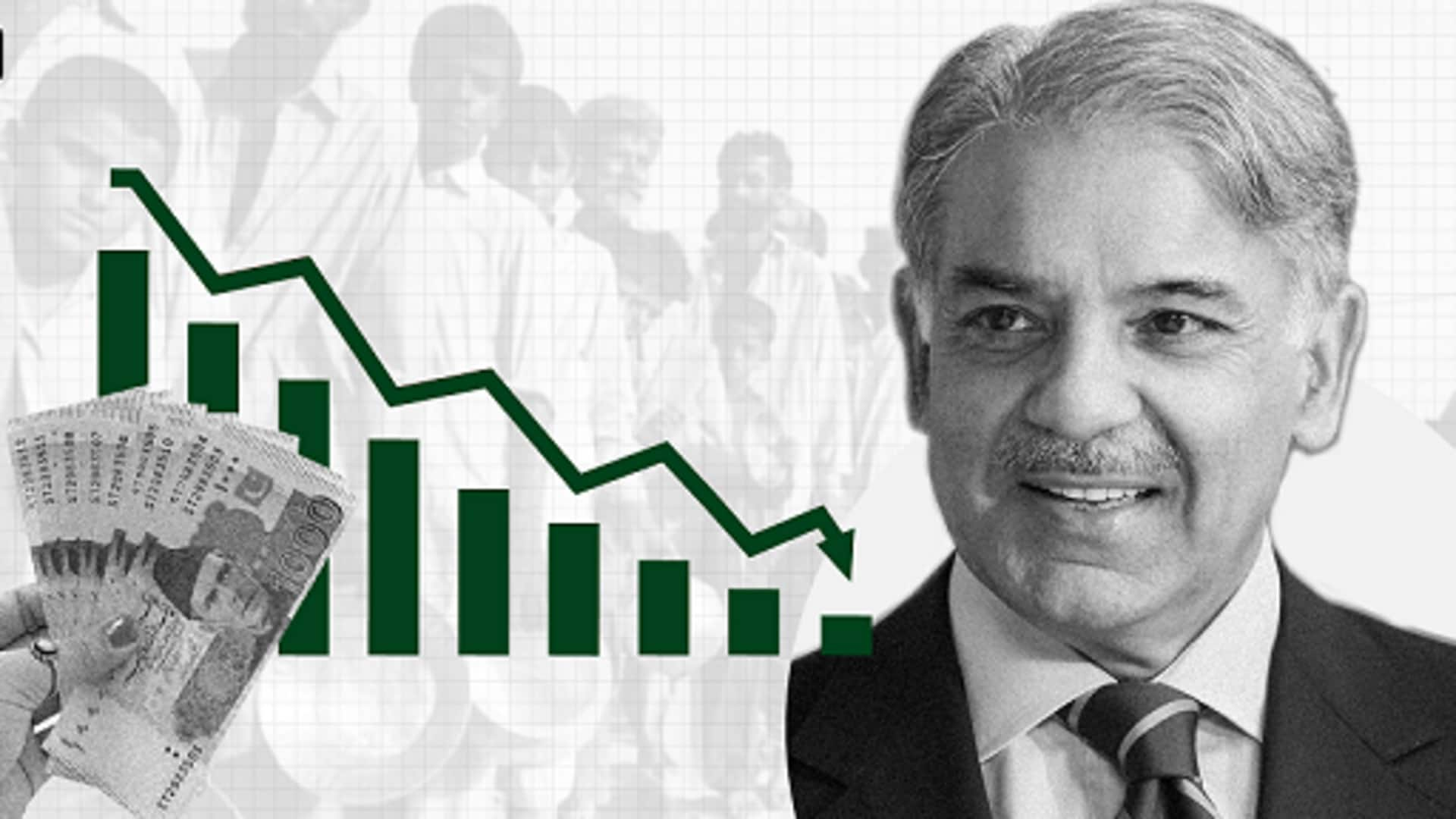
Pakistan cuts 150,000 government jobs in one go: Here's why
What's the story
Pakistan has rolled out a bunch of measures to cut down on admin costs, all part of a $7 billion bailout deal with the International Monetary Fund (IMF). This includes axing around 150,000 government jobs and shutting down six ministries. Plus, two more ministries will be merged. The IMF dished out the first installment of over $1 billion on September 26, right after Pakistan promised to trim its spending and boost its tax-to-GDP ratio.
Reform plan
Finance Minister Muhammad Aurangzeb outlines economic reform strategy
Finance Minister Muhammad Aurangzeb, who recently returned from the US, said that this would be Pakistan's last program with the IMF. He emphasized that "right-sizing" within ministries was being implemented and the decision to close six ministries and merge two others is to be implemented. "Additionally, 150,000 posts across various ministries will be eliminated," he added.
Tax growth
Pakistan sees surge in new taxpayers
Aurangzeb noted a big jump in tax revenues, thanks to around 300,000 new taxpayers who jumped on board last year and an additional 732,000 this year. This has basically doubled the total number of taxpayers in the cash-strapped country from 1.6 million to 3.2 million. He also announced that non-filers won't be allowed to buy property or vehicles anymore, which is a step toward formalizing the economy and boosting tax compliance.
Economic progress
Pakistan's economy shows signs of improvement
Aurangzeb claimed that the economy of Pakistan was headed in the right direction as the country's foreign exchange reserves had peaked. He pointed out the strong growth in national exports and IT exports, stating that strong investor confidence in the economy is a significant achievement. Aurangzeb also mentioned that after winning, the government has reduced the policy rate by 4.5% and was optimistic that the exchange rate and policy rate would remain constant.
Economic struggles
Pakistan's economic challenges and IMF loan history
Pakistan has faced some serious economic hurdles and was almost on the edge of a default in 2023. But, a timely $3 billion loan from the IMF helped avoid a crisis. Now, Pakistan has managed to secure a long-term loan with the global lender, expressing hope and commitment that this will be the last loan. However, many are doubtful since the country has already received around two dozen loans from the IMF without finding any lasting economic solutions.